Sample Thesis Process: The Bell Jar
Slaughterhouse Five Essay by L.A.
Slaughterhouse Five: A Cycle of Self-Destruction
Kurt Vonnegut’s Slaughterhouse Five is an antiwar novel that reveals the glorification of war and its effects. In this account of the bombing of Dresden, Vonnegut exposes the American war paradigm through supporting characters, such as Edgar Derby, Kilgore Trout, and the Tralfamadorians. Edgar Derby, a very normal and poor high school teacher, gives his life meaning by fighting bravely in the war. Kilgore Trout is an odd science fiction writer who communicates his beliefs through novel. The tralfamadorians are small green creatures who Vonnegut uses to ironically communicate his beliefs, such as free will. Together with these characters, Vonnegut uses Campbell’s monograph, an essay about the American war paradigm written by an American traitor, to more literally portray his message. Through this paradigm, Vonnegut reveals the cycle which makes poor Americans hate themselves, purposefully benefiting the rich; a cycle created by patriotism and the dependence on money for selfworth. In Slaughterhouse Five, Vonnegut uses supporting characters Edgar Derby, Kilgore Trout, and the tralfamadorians in partnership with Campbell’s monograph to develop the American war paradigm, revealing the emotionally selfdestructive cycle created by patriotism and financial selfworth which deliberately preserves the unhappiness of the poor to benefit the American elite. [Read more…]
Slaughterhouse Five Essay by C.P.
Slaughterhouse-Five: The Systematic Manipulation Of The Masses
In Slaughterhouse-Five, Vonnegut uses Campbell’s monograph, the motif of humans as machines, along with the symbolism of Trout’s novels to reveal the inner workings of American society, in which patriotism and capitalism allow for the growth of the system and the glorification of war, while ultimately depleting human morals. Campbell, an American traitor who allied himself with the Nazis during World War II, wrote a monograph in which he criticized American society’s faults, in which people are systematically taught to hate themselves if they do not become successful. Kilgore Trout, a science-fiction writer, wrote the novels The Money Tree and The Gutless Wonder, which symbolically depict how the capitalism and patriotism of American society allow for the act of war. As a result, the system consistently devalues human morals making people into machines to be used as tools for the system’s benefit. [Read more…]
Precis Presentation by KA
Thesis: In “The Idea of Death in Existentialism” J Glenn Gray argues, through the use of Martin Heidegger and Karl Jaspers, that acknowledging death and the finality of human existence is the only way that one can live in truth and give meaning to an otherwise meaningless existence. [Read more…]
Nausea Essay by JP
Embracing Superfluousness: Sartre’s Existential Outlook Nausea
In Nausea by Jean-Paul Sartre, the protagonist Antoine Roquentin frequently experiences physical discomfort while reflecting on certain aspects of his human existence. His discomfort comes in the form of nausea, and is triggered when Antoine reflects on the idea that his existence is unnecessary and ultimately meaningless. He has trouble coming to terms with this fact, but as the novel continues, Antoine becomes progressively accepting of the absurd nature of his existence (he recognizes his meaningless birth and inevitable death). Sartre’s belief in the nothingness that defines existence parallels that of Arthur Schopenhauer, and Schopenhauer’s philosophies at times directly reflect Antoine’s thoughts. Additionally, the existential outlook of Viktor Frankl frequently applies to Antoine’s life, and his ideas explain some of Antoine’s confusion about existence. Through Antoine’s experiences, Sartre conveys the idea that the contingency of human existence is discomforting, yet if one can embrace it, he will become conscious of the freedom he has to define himself. [Read more…]



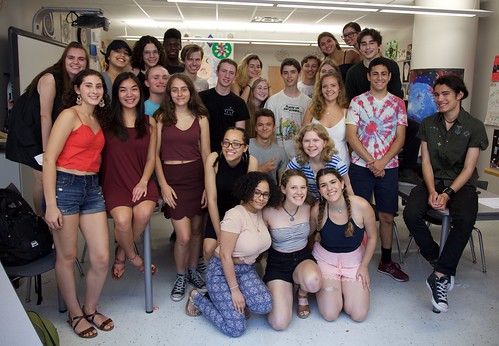
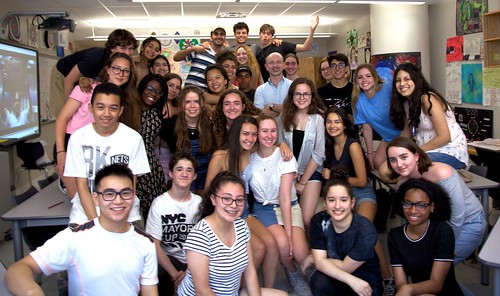















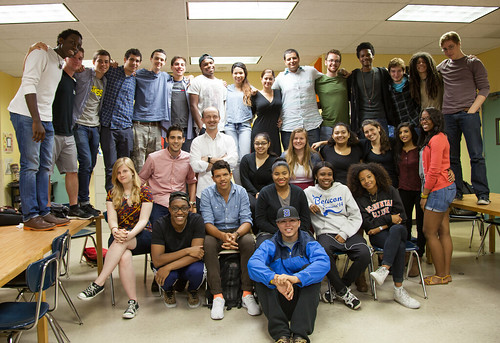






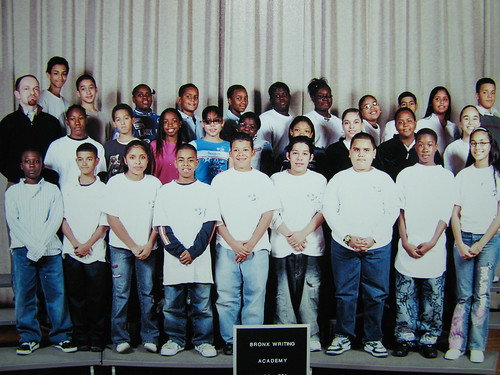











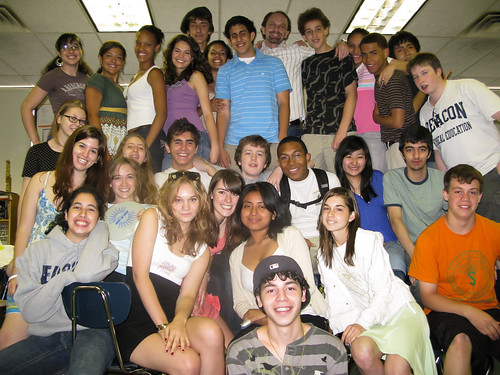


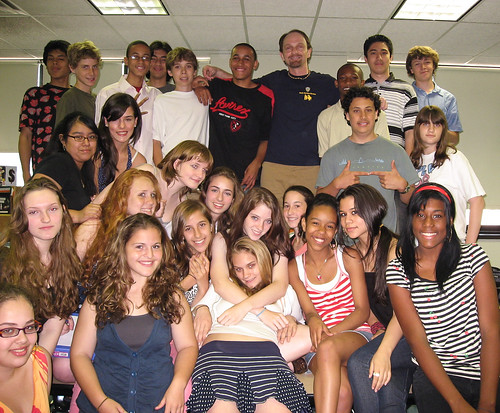






You must be logged in to post a comment.